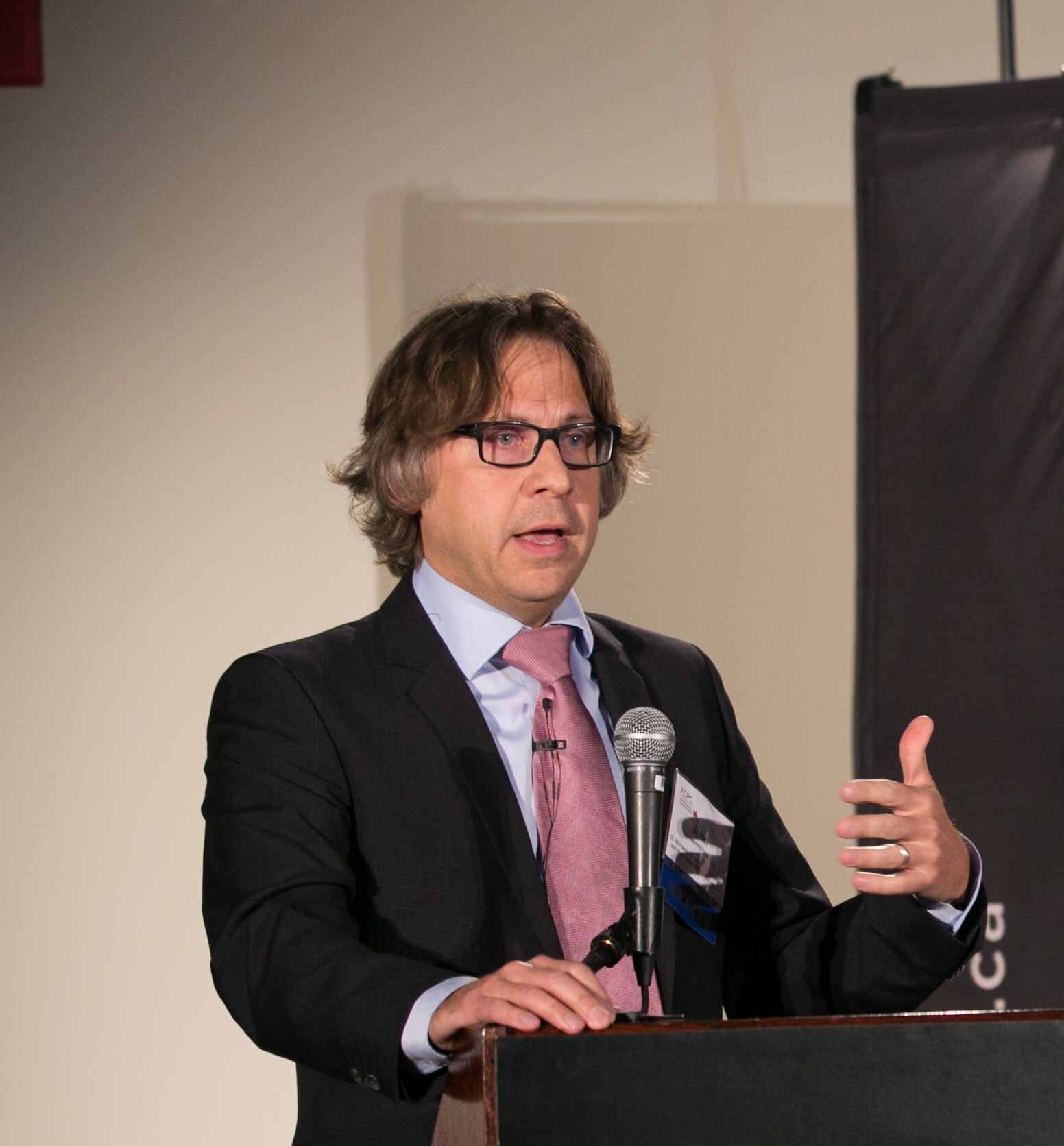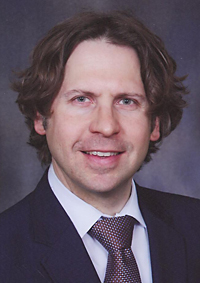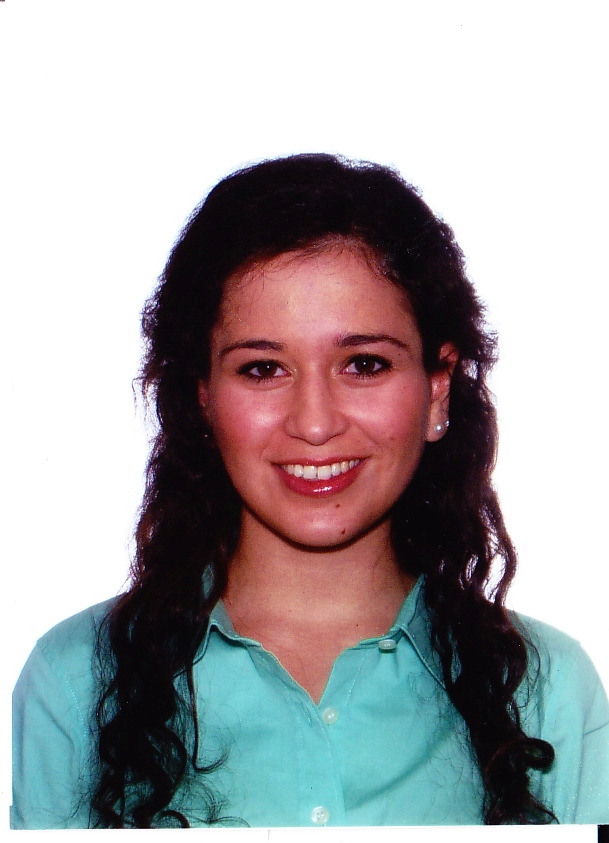Mobile Menu
- About Us
- Research
- Education
- Policy & Data
- News
- Resources
- Giving

The Centre for Child Nutrition & Health recently hosted a panel discussion about the future of medical nutrition education. The panel featured University of Toronto faculty and students, as well as visiting international experts. They explored existing challenges in the field and shared ideas about improving nutrition curriculum in medical schools.
 The meeting took place as part of the International Symposium on Diabetes and Nutrition, which was hosted in Toronto and partially sponsored by the Centre. John Sievenpiper was a co-organizer of the Symposium and a moderator of the consultation. He is an associate professor and PSI Graham Farquharson Knowledge Translation Fellow in the Department of Nutritional Sciences, and a CCNH researcher. Additionally, Sievenpiper serves as the nutritional medical education coordinator in the Faculty of Medicine. In this capacity he leads the faculty’s nutrition education curriculum change process.
The meeting took place as part of the International Symposium on Diabetes and Nutrition, which was hosted in Toronto and partially sponsored by the Centre. John Sievenpiper was a co-organizer of the Symposium and a moderator of the consultation. He is an associate professor and PSI Graham Farquharson Knowledge Translation Fellow in the Department of Nutritional Sciences, and a CCNH researcher. Additionally, Sievenpiper serves as the nutritional medical education coordinator in the Faculty of Medicine. In this capacity he leads the faculty’s nutrition education curriculum change process.
“Unfortunately, nutrition does not get a lot of attention or time in the curriculum of undergraduate medical education,” said Sievenpiper. “By inviting students to the conference focused on nutrition as it relates to diabetes, chronic disease, and disease prevention issues, we hope to provide them with an excellent educational experience. At the same time, we want to get feedback from them to help us improve medical nutrition education at our University.”
Both students and faculty agreed that there is a lack of a focused approach to nutrition education at the undergraduate level. The tremendous volume of knowledge students must gain in a short period of time means that nutrition gets very limited attention in the curriculum. Additionally, the group agreed that there is currently a larger focus on nutrition in the context of treating diseases rather than preventing them. This may mean that the majority of MD students do not get up-to-date knowledge and skills required to counsel patients on diets and lifestyle changes to preserve health and prevent chronic disease.
The group agreed that emphasizing the importance of and allocating more time to nutrition-centred training in medical schools would help future doctors rely on nutrition as a tool for disease prevention among their patients.
 Anna Kobylianskii was one of the U of T medical students who participated in the discussion. Having finished pre-clerkship — the first two years of undergraduate medical education — she was able to share insights about her experiences with the current medical nutrition curriculum with the group.
Anna Kobylianskii was one of the U of T medical students who participated in the discussion. Having finished pre-clerkship — the first two years of undergraduate medical education — she was able to share insights about her experiences with the current medical nutrition curriculum with the group.
“This was a great opportunity for U of T students who are really interested in nutrition, like myself, to talk to the leaders in the field from around the world,” Kobylianskii said. “It was interesting to hear that medical schools in many of the other countries represented at the conference have similar concerns about the nutrition curriculum.”
“We also heard some good suggestions about paying closer attention to the needs of practicing primary care physicians in terms of nutritional knowledge. Overall, it seems that everyone is on the same page about placing a greater emphasis on nutrition in medical schools and that we are moving in the right direction,” concluded Kobylianskii.
The Centre sponsored Kobylianskii and several other students to attend the International Symposium on Diabetes and Nutrition, which took place from June 9 to 12. The symposium brought together international scientists, physicians and dietitians to showcase the latest advances from basic science to clinical trials in diabetes and nutrition through plenary lectures, panel discussions, and oral and poster abstract presentations. The main theme of this year’s symposium was “Dietary patterns and food based approaches in diabetes.”
The symposium is an annual meeting of the Diabetes and Nutrition Study Group of the European Association for the Study of Diabetes. This was the first time their conference was hosted in North America.
